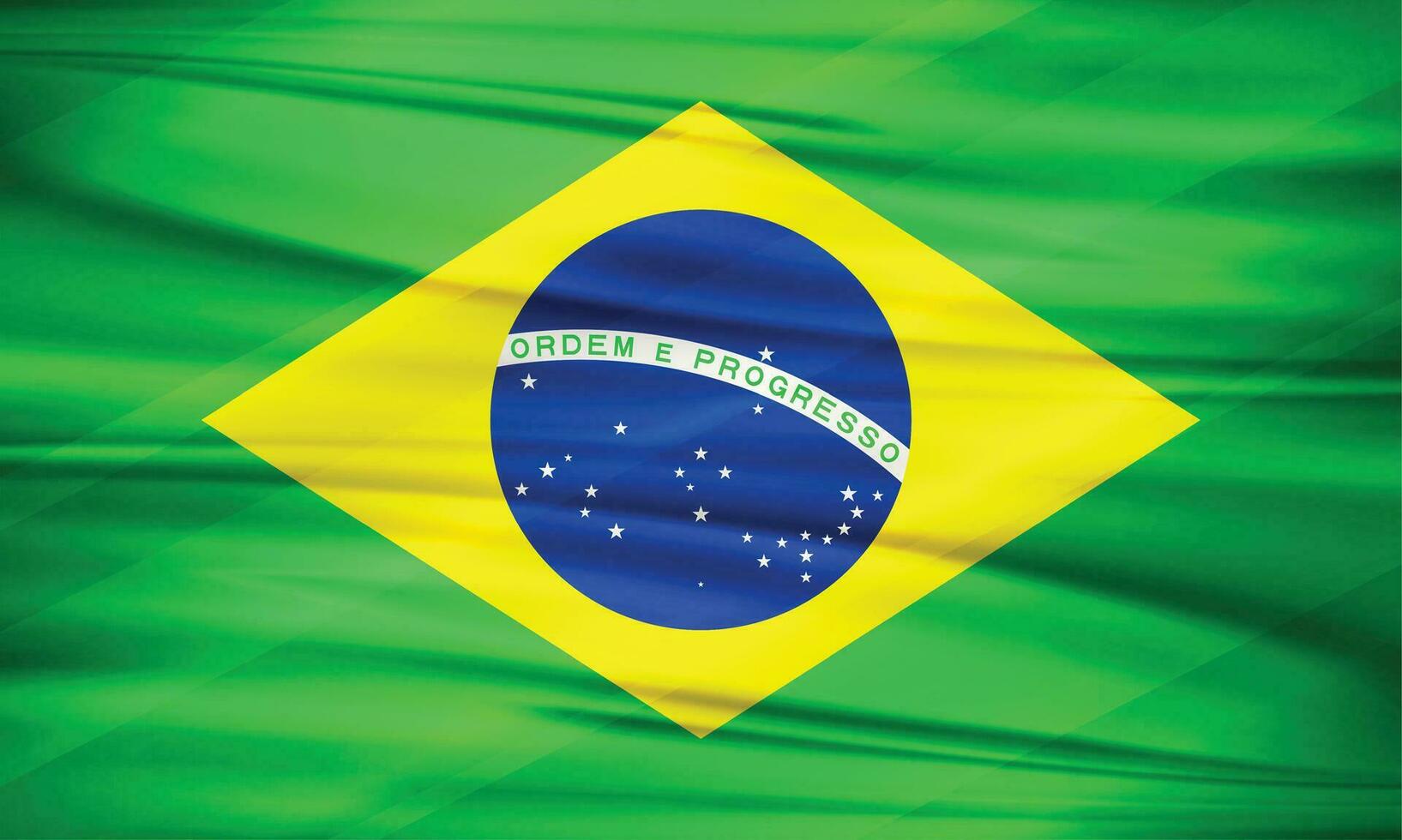Brazil is on the brink of a historic judicial moment as the Supreme Court prepares to deliver its verdict in the high-profile coup trial against former President Jair Bolsonaro early next month. The trial, set to begin on September 2 and conclude by mid-September, centers around allegations that Bolsonaro orchestrated a plot to overturn the results of the 2022 presidential election, which he narrowly lost to current President Luiz Inácio Lula da Silva.
The charges against Bolsonaro are grave and multifaceted. Prosecutors accuse him of leading a criminal conspiracy that included plans to obstruct democratic processes, engage in violent attempts to abolish the rule of law, and even plots to assassinate key political figures including President Lula and Supreme Court Justice Alexandre de Moraes. Presented evidence comprises message exchanges, handwritten notes, and digital files allegedly revealing detailed conspiracy efforts.
Bolsonaro and his defense team vehemently deny all accusations. They argue that no coup attempt actually materialized and emphasize that Bolsonaro allowed the presidential transition to proceed, thereby undermining claims that he aimed to subvert democracy. Despite his house arrest since early August, Bolsonaro maintains significant political influence, with strong backing from his supporters and notable international allies, including former U.S. President Donald Trump. Trump has publicly condemned the trial as a “witch hunt,” linking it controversially to a 50% U.S. tariff on Brazilian goods.
The trial is being overseen by a five-justice panel of the Supreme Court, with Justice Alexandre de Moraes playing a pivotal role. The court will decide on Bolsonaro’s guilt on five counts, ranging from coup plotting to involvement in an armed criminal organization and destruction of state property. If convicted, Bolsonaro faces severe penalties, including a potential prison term of up to 12 years for the coup-related charges alone, with combined sentences possibly resulting in decades behind bars.
This trial has deeply polarized Brazilian society, reflecting broader political tensions in the country. It also raises critical questions about Brazil’s commitment to democratic rule and the accountability of its political leaders. As the nation awaits the court’s decision, the verdict will inevitably influence Brazil’s political trajectory for years to come.
More than news- Its Icegate

